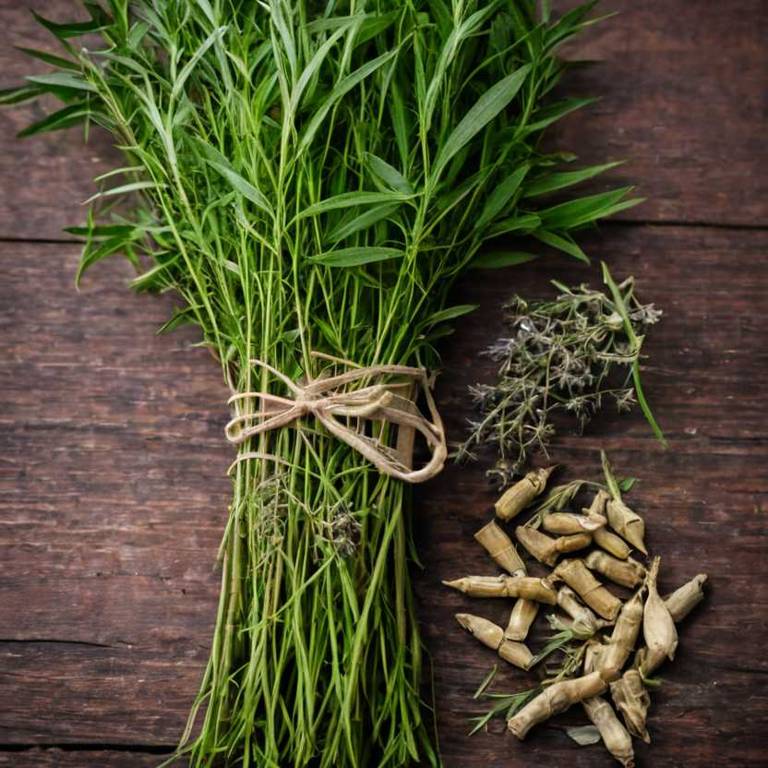Bambusa Arundiaceae: What To Know Before Using It For Medicinal Purposes

Bambusa arundiaceae, a species of bamboo native to Southeast Asia, has been traditionally used in folk medicine for its various therapeutic properties.
The plant is valued for its high content of bioactive compounds such as flavonoids, phenolic acids, and alkaloids, which contribute to its anti-inflammatory, antimicrobial, and antioxidant effects. In traditional Chinese and Ayurvedic medicine, it has been employed to treat respiratory conditions, skin disorders, and digestive ailments. Recent scientific studies have begun to validate these traditional uses, showing potential in managing oxidative stress and supporting immune function.
As a sustainable resource, Bambusa arundiaceae offers promising avenues for the development of natural pharmaceuticals and complementary therapies.
Health Benefits
Bambusa arundiaceae has several health benefits, such as its high nutritional value and antioxidant properties.
This bamboo species is rich in essential minerals like calcium, magnesium, and potassium, which support bone health and cardiovascular function. It also contains dietary fiber, which aids in digestion and helps maintain a healthy gut. Additionally, the plant has been traditionally used in herbal medicine for its anti-inflammatory and immune-boosting effects.
Incorporating Bambusa arundiaceae into the diet may contribute to overall wellness and disease prevention.
10 Best Health Beneift of Bambusa arundiaceae
Bioactive Constituents
Bambusa arundiaceae has several bioactive constituents, such as flavonoids, phenolic compounds, alkaloids, and saponins, which contribute to its medicinal properties.
These compounds exhibit antioxidant, anti-inflammatory, and antimicrobial activities, making the plant valuable in traditional medicine. Flavonoids and phenolic compounds are known to neutralize free radicals, thereby protecting cells from oxidative damage. Alkaloids may possess analgesic and antipyretic effects, while saponins have demonstrated potential in enhancing immune function.
Overall, the diverse bioactive profile of Bambusa arundiaceae supports its use in the treatment of various ailments, including inflammatory disorders and infections.
Medicinal Preparations
Bambusa arundiaceae has several medicinal preparations, such as teas, tinctures, and decoctions, which are traditionally used in various cultures for their therapeutic properties.
The leaves and stems of this bamboo species are commonly harvested and processed to create herbal infusions that are believed to aid in digestion and reduce inflammation. Tinctures made from the plant are often used to treat respiratory conditions and promote circulation due to their antiseptic and anti-inflammatory effects. In some regions, the bamboo shoots are cooked and consumed as a food remedy to support gut health and detoxification.
Overall, these preparations highlight the versatility of Bambusa arundiaceae in traditional medicine systems across Asia.
Side Effects
Bambusa arundiaceae can have some side effects, such as gastrointestinal discomfort, including nausea and bloating, due to its high fiber content.
In some individuals, excessive consumption may lead to digestive issues or even constipation. Allergic reactions, though rare, may occur in people sensitive to bamboo or related plant proteins. Long-term use might interfere with nutrient absorption, particularly in those with preexisting digestive disorders.
It is advisable to consult a healthcare professional before incorporating Bambusa arundiaceae into one's diet, especially for those with chronic health conditions.